Shelley Zalis, Founder & CEO of the Female Quotient, recognized as the Springboard Enterprises … [+]
Women-owned businesses account for 42% of all U.S. businesses and contribute trillions of dollars to the economy. However, a staggering disparity remains in funding. Despite their significant contributions, women-led startups received only 2% of venture capital funding as of 2023. This funding gap underscores the need for targeted solutions, and women-only accelerator programs have emerged as a vital strategy to bridge this divide.
Women entrepreneurs are launching businesses at an unprecedented rate, yet access to funding remains a critical barrier. This underrepresentation in venture capital funding highlights systemic issues that prevent women from scaling their businesses. In response to these challenges, women-focused accelerator programs like Springboard Enterprises provide much-needed support.
Founded by Kay Koplovitz and Amy Millman, Springboard is approaching its 25th anniversary in January. The organization has helped over 930 companies, and 90% of them have raised money. Additionally, 28 companies went public, and 10 were categorized as unicorns.
“That’s why we talk about the results because we want people to see that women are building scalable and sustainable businesses and solving big problems in the marketplace,” Koplovitz states during a Zoom interview.
Koplovitiz and her team are transforming industries with the companies they’re bringing to market. A main challenge is having the marketplace recognize the success level of these companies in building their own wealth, the wealth of their employees and the wealth of their investors.
After founding USA Network, Koplovitz served as chairwoman for over two decades before the company was sold for $4.5 billion. Former President Bill Clinton appointed her a year later to serve on the National Women’s Business Council.
The founder shares, “I said to Bill, ‘Look, I can do this, but I’ve got to use this platform to get women through private capital. That’s where they’re going to really compete and change the trajectory of women-owned businesses and build scalable businesses.’”
Through this appointment, Koplovitz met Amy Millman, who, at the time, was running the Office of the National Women’s Business Council. Koplovitz also served on the board of Oracle, which exposed her to the notion that few women secured venture capital when pitching their ideas and companies. The main problem was that the women didn’t have the same connections as the men.
As Koplovitz and Millman discussed the disparities and brainstormed solutions, Springboard came to fruition. Their mission addressed the challenges women-led businesses faced in securing funding and breaking into the investor pipeline. After contacting different women’s organizations and universities to encourage female-owned companies to apply to the cohort, they received 350 applications. Their continued efforts led to the launch of the first Springboard boot camp, which culminated in a successful demo day in 2000, where 22 of the 26 participants secured funding.
Kay Koplovitz, cofounder of Springboard Enterprises, speaking at the 2024 gala honoring the year’s … [+]
Encouraged by these promising results, the co-founders committed to evolving the program to identify high-potential female founders and connect them with the capital needed to scale their businesses. Over the next two decades, they expanded Springboard’s mission and transformed it from a single, traditional accelerator into a multi-faceted platform supporting multiple industries and verticals.
The Dolphin Tank Showcase Events is a staple pillar within the Springboard ecosystem. It offers women entrepreneurs actionable insights and resources from knowledgeable community experts. Across 14 countries and 42 cities, the Dolphin Tank has provided support and feedback to 800 presenting companies. Additionally, Springboard is about to launch its market-based fund to help women-owned businesses further.
Springboard’s cohorts have expanded over the years; they now focus on healthcare and technology, retail technology, women’s health and SBE Australia for technology companies. Alumnae include Melanie Perkins, founder of Canva, Robin Chase, founder of Zipcar, and Dr. Michelle Longmire, founder of
Longmire created Medable to provide technology to advance the development of new medicines; the platform accelerates the development of new drugs and medical interventions. Early on in the development of Medable, she looked for a community that would support her in every aspect of growing her business. Joining Springboard catapulted her vision.
“What is exciting as Springboard launches their VC fund, their venture capital firm, is that they will be able to re-enforce the impact of Springboard in a new way,” Longmire states. “The capital will be an important lever for the entrepreneurs and will further demonstrate the outsized impact of both Springboard and women leaders.“
If you are a woman-owned business looking for a community to help you grow, consider the benefits of participating in a women-only accelerator program:
- Tailored mentorship and resources: Participants gain access to experienced mentors who understand the unique challenges women face in business.
- Addressing gender-specific challenges: These programs provide tools to overcome barriers, from navigating bias in the boardroom to balancing societal expectations.
- Building confidence and business skills: Through workshops and training, participants develop essential skills, from pitching to investors to financial management.
- Expanding professional networks: These programs foster collaborations and partnerships by connecting women with like-minded entrepreneurs and industry leaders.
“We are not putting ourselves in the marketplace as the impact market fund,” Koplovitz concludes. “We are going to market as a market competitive fund. It’s important to know that because ever since we started, we’ve talked about the results of the Springboard alumni companies. That’s where we want to bring them up the scale: scalability, sustainability and a profitable exit for themselves and their investors.”
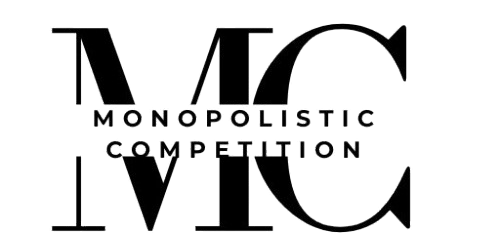
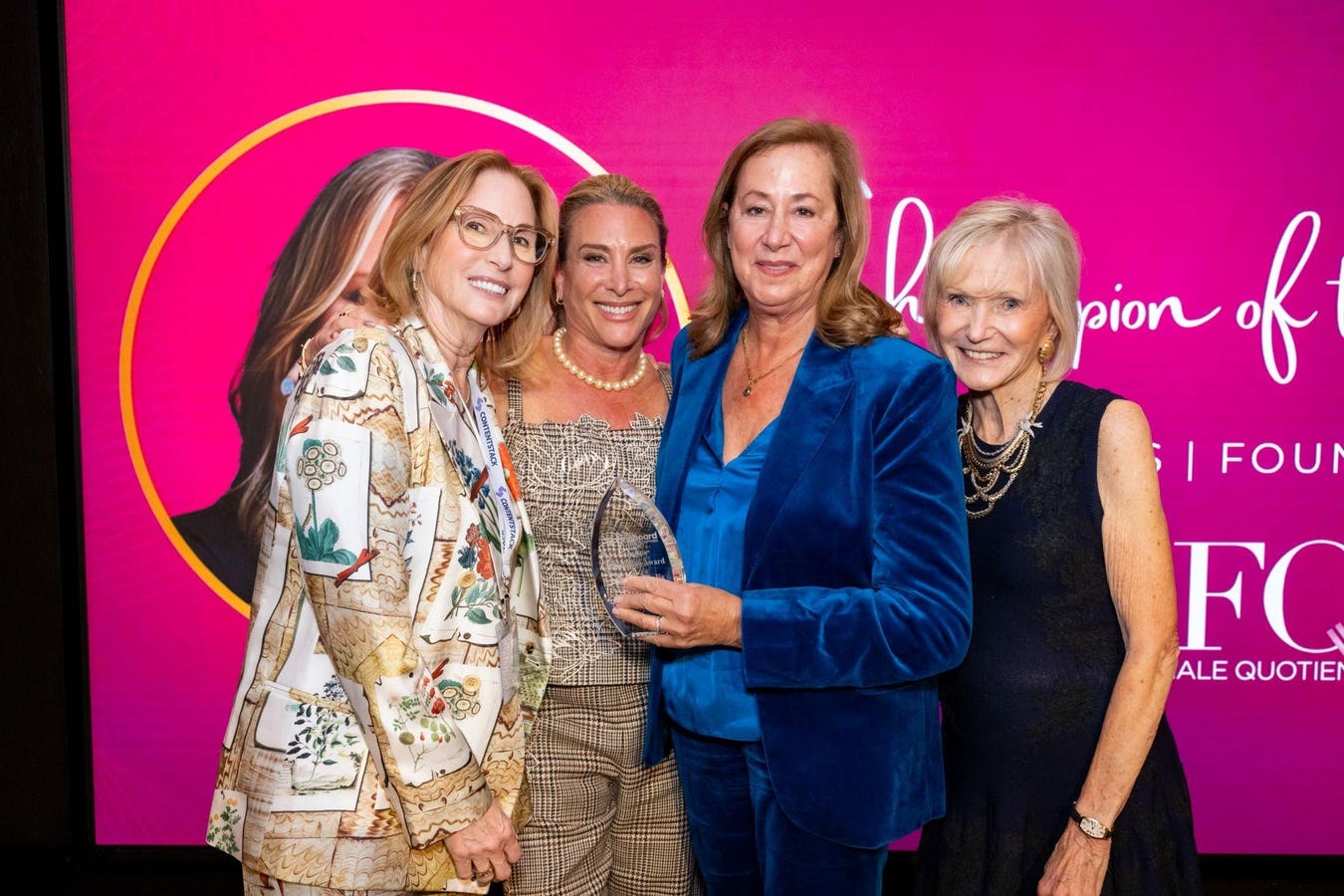



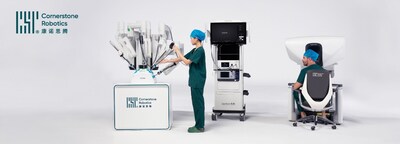
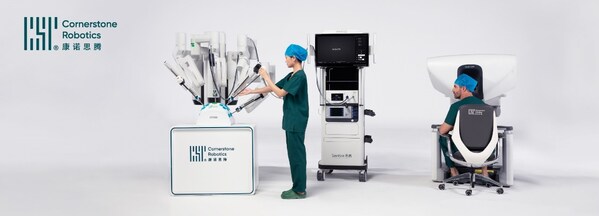

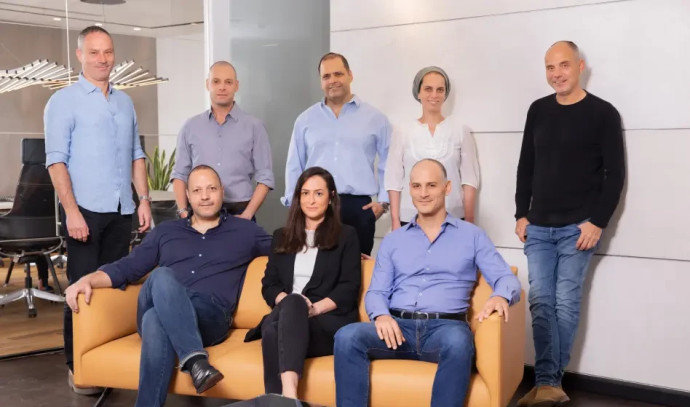

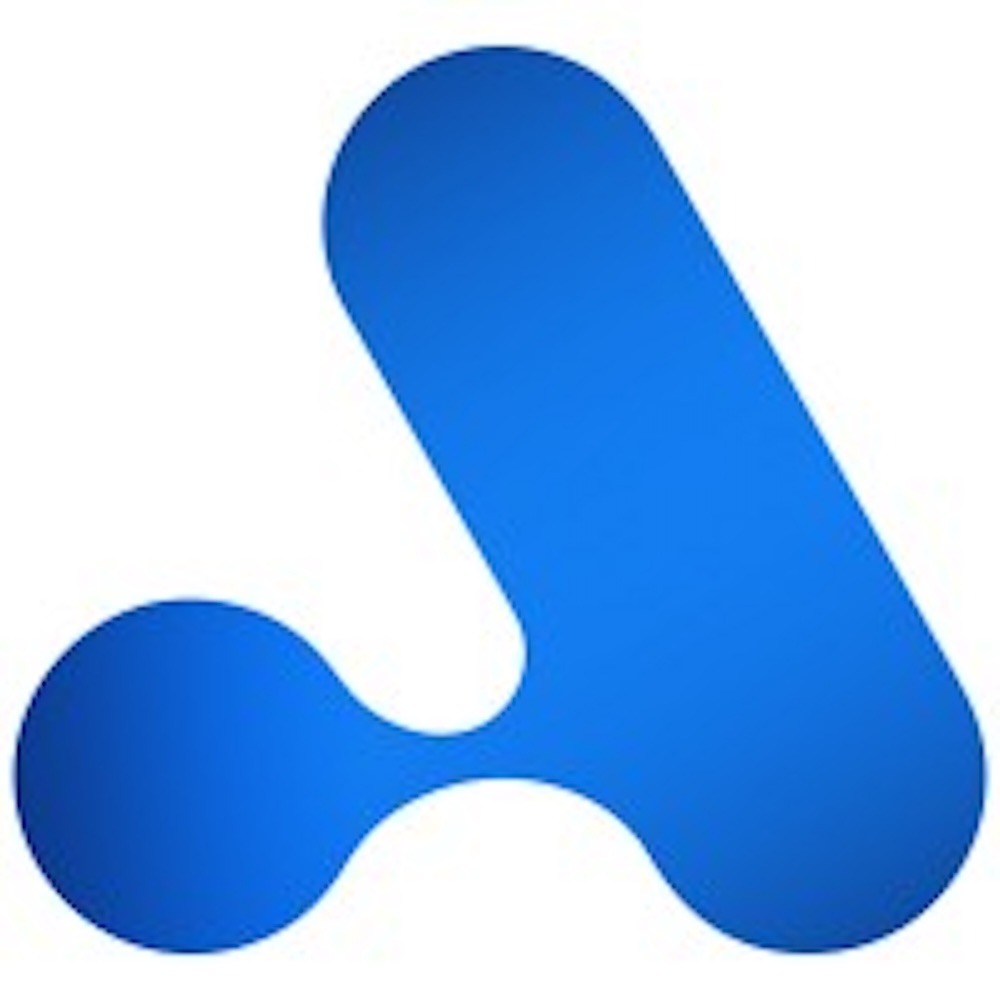
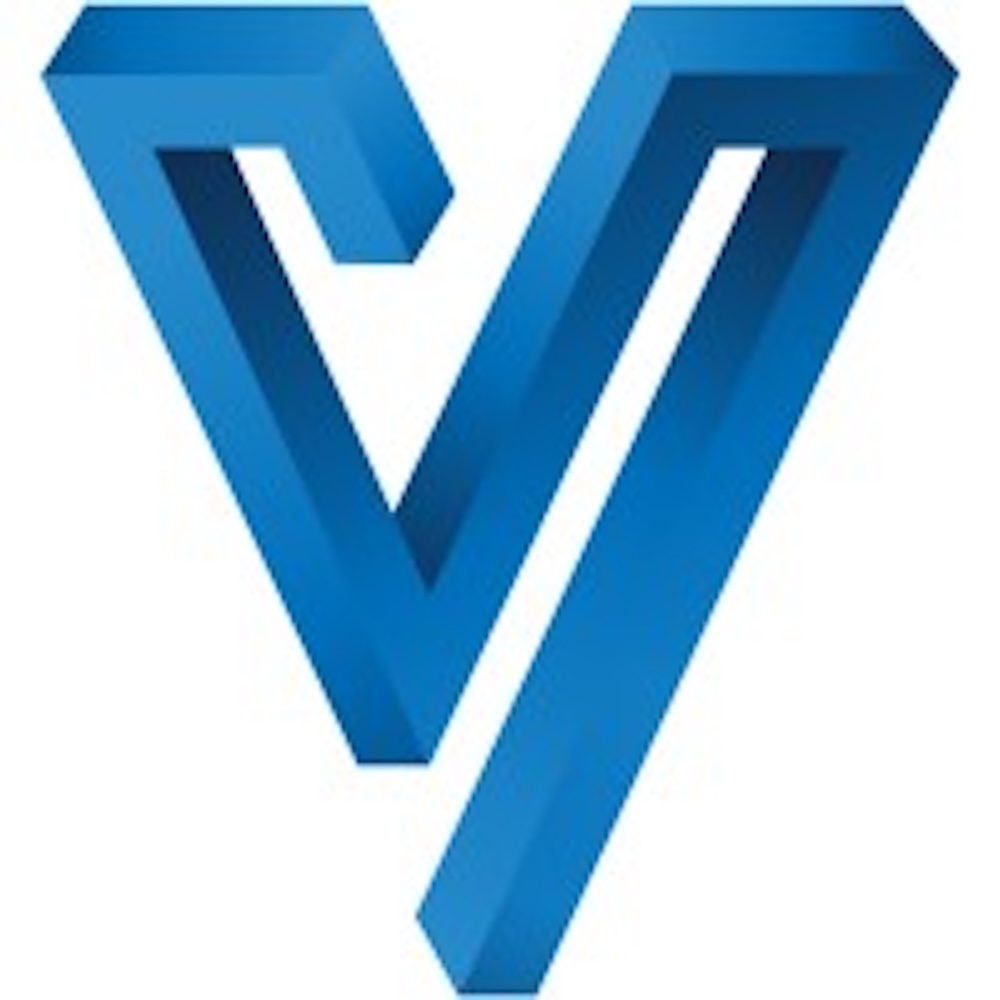
Leave a Reply